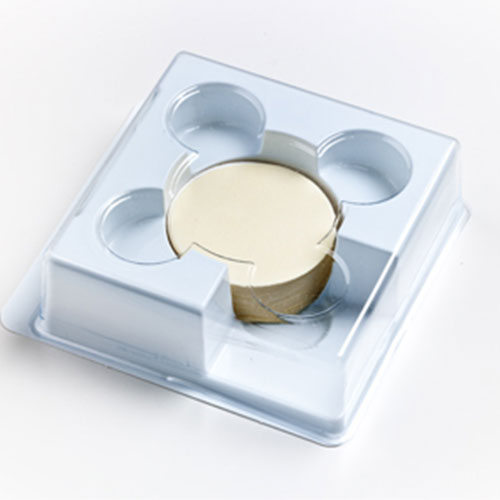


Nylon
Naturally hydrophilic, Wide chemical compatibility range, organic solvent resistance (except acids and bases), Internally supported, Strength and dimensional stability, High binding capacity, high dirt loading capacity
Polyvinylidene Difluoride (PVDF)
Hydrophilic, Suitable for filtration of polar and non-polar solutions, Chemically inert towards many solvents, similar stability to PTFE, Low protein binding
Polyethersulfone (PES)
Hydrophilic, Very low protein binding, Fast flow rates, high throughput, Low extractables, Wide chemical compatibility range, Strength and dimensional stability, Autoclavable
Cellulose Acetate (CA)
Hydrophilic, Lowest binding material available, High throughput, Strength and dimension stability, Uniform pore structure
Nitrocellulose Mixed Cellulose Ester (MCE)
Hydrophilic, Consistent flow rates, High throughput, Uniform pore structure
Polytetrafluoroethylene (PTFE)
Naturally hydrophobic, Compatible with strong acids and aggressive solvents, Improved durability and handling
The choice of membrane filters is based on the size and amount of particulate in the sample, the membrane’s chemical compatibility with the sample matrix, and potential interactions (binding) between the membrane and the sample components. This table offers general guidelines on membrane characteristics and applications.

